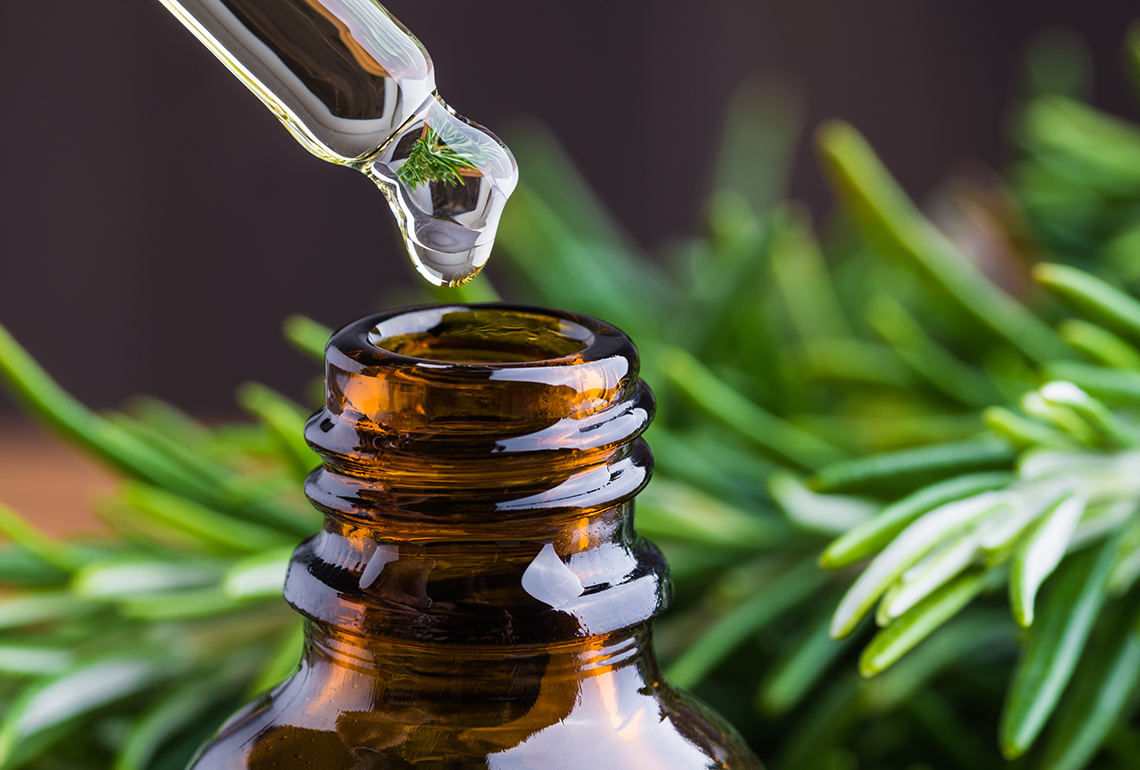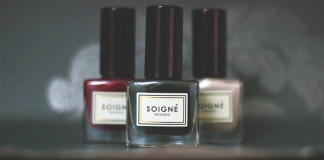Avoiding oil is a myth – here’s why…
We all know oily skin can be a real nightmare. Too much oil in the skin can cause acne, breakouts, and spots as well as making it hard to apply makeup flawlessly without making your face look caked. It can be frustrating when you do everything right yet nothing seems to help.
It might sound completely insane to recommend to a person with oily/ acne-prone skin to use oil on their face but hear us out. If you have oily skin, you are likely to avoid using it on your face in fear of adding excess amounts, but by not adding it, your face is probably going to continue overproducing sebum (the oily matter excreted from the sebaceous glands in the skin). Applying oil to your face once a day can really help that by tricking your sebaceous glands into thinking your face is lubricated enough, therefore preventing them for secreting more. It sounds crazy but it does actually work!
It might appear to be completely counterintuitive but for those of you who don’t want to go down the medicated or dermatologist route, there are natural alternatives for you to try.
Not all are great for oily skin though–some are thick, heavy and more likely to clog pores while others are more lightweight meaning they absorb relatively quickly without leaving a greasy residue. Here are our top three natural picks…
Jojoba Oil
Jojoba is not technically an oil, it’s a liquid wax but it’s great because it mimics the skin’s natural sebum and is closer to our skin’s oil than other vegetable alternatives. Using it will allow your skin to regulate its own production accordingly by making your skin believe that it has produced enough. Jojoba can help control and rebalance the sebum by not producing more, which I think is pretty smart.
Although many oily skin sufferers swear by jojoba, not everyone is convinced and for those of you who are a little sceptical, why not try using jojoba as an cleanser instead? This will help to dissolve the oil on your face along with all the impurities stuck in your pores, leaving your skin more ultra soft.
Hemp Seed Oil
No, don’t worry–hemp seed oil doesn’t actually contain THC, so you won’t be getting high while using it! Hemp seed helps keep pores from clogging–it has a comedogenic rating of 0 meaning the chances of getting congested skin are slim-to-none. A lot of people who suffer from acne-prone skin rave about this choice because it is unlikely to cause a reaction and is well tolerated by all skin types. It is known to help dissolve sebum plugs, balance overactive sebum production and even help heal acne scars over a significant amount of time of using it!
I’d recommend adding a couple of drops of tea tree essential oil if your skin can hack it. If your skin is super sensitive, go for some soothing lavender or chamomile to add enhanced effects.
Hazelnut Oil
Hazelnut is a definite favourite when it comes to oily skin. It’s largely known for its astringent properties meaning it helps to shrink pores, helping to fight acne. It’s antibacterial properties also work to fight the bacteria that causes acne. The other great thing about hazelnut oil is that it’s pretty versatile–it’s great for ageing skin (full of antioxidants and essential fatty acids) and it even provides sun protection by filtering sunrays. Pretty impressive, right?
One thing to note about natural vegetable oils is that you probably won’t notice a difference immediately–like most things, using jojoba, hemp seed or hazelnut oils take a little bit of time to get working. Whichever one you decide to use, be patient and use it continuously and you should notice a positive difference within the coming months.
Also, remember that each person’s skin is different so make sure you do a patch test before putting it on your face.


